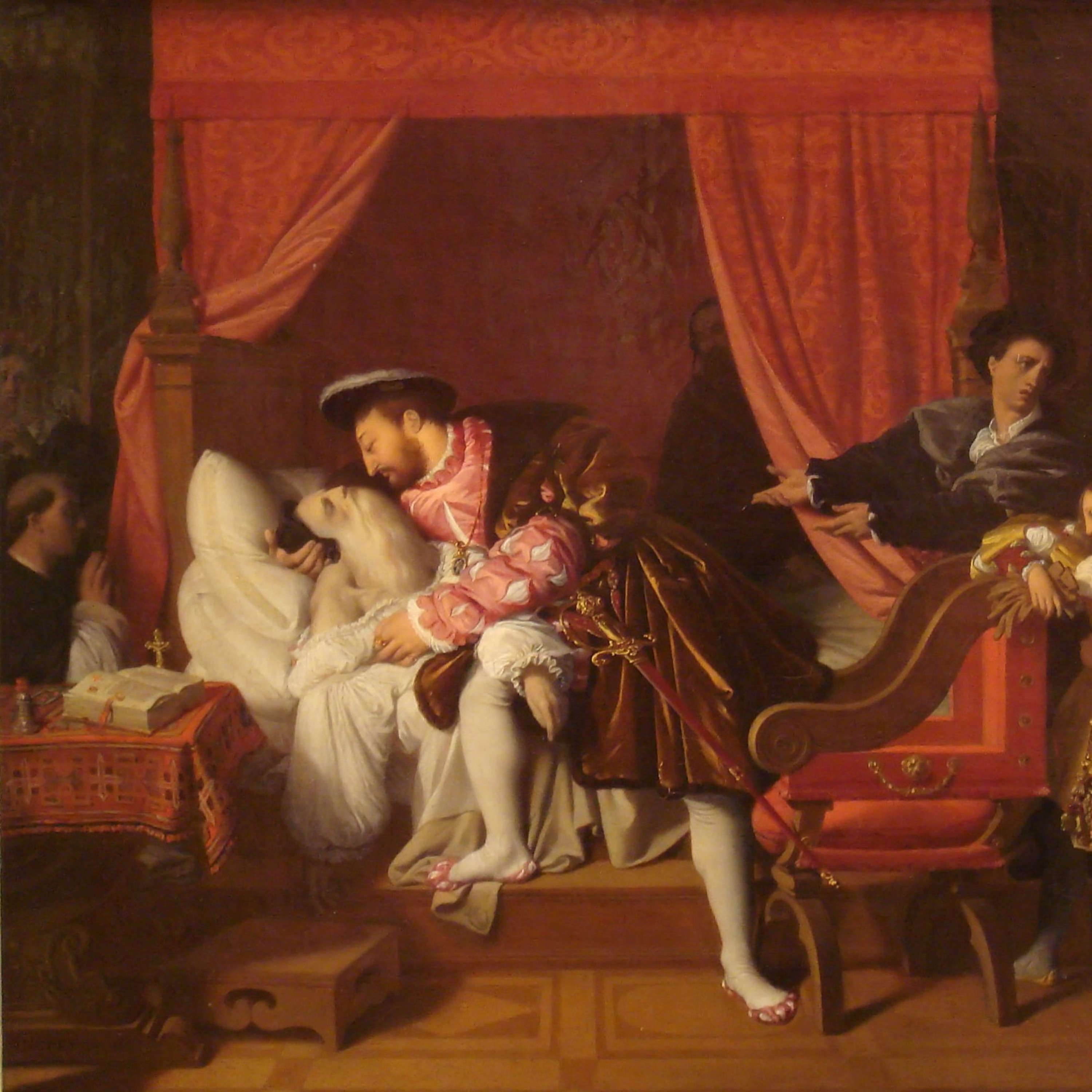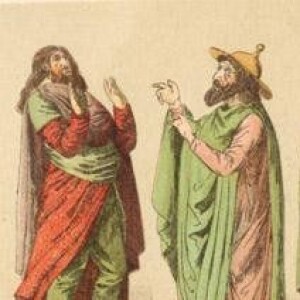
We trace how a small group of scholars, obsessed with classical antiquity, mastered the more ancient form of Latin, thus unlocking the worlds of Roman and Greek politics. Seeing themselves as the peers and equals of the ancient statesmen, the "humanists" called for a new form of learning aimed towards action and ambition. Machiavelli sketched out the path to princely power, Erasmus excavated the original meanings of the Bible, and Michelangelo captured the subtle powers of the human body. The humanists invented the idea of a "modern" era distinct from the "Dark Ages," and furthered the transformation of Europeans' grasp of reality -- from a realm defined by social relationships to one defined by the senses.
Please become a patron and contribute what you can in the spirit of knowledge and inquiry! -- www.patreon.com/user?u=5530632
Suggested further reading: Jacob Burckhardt, "The Civilization of the Renaissance in Italy"; JGA Pocock, "The Machiavellian Moment"; Pamela Smith, "The Body of the Artisan"
view more
More Episodes
1066: Sailing Into the Storm
 2021-07-13
2021-07-13
 2021-07-13
2021-07-13
Myth of the Month 17: Anglo-Saxonism
 2021-06-27
2021-06-27
 2021-06-27
2021-06-27
History of the British and Irish Travellers
 2021-06-15
2021-06-15
 2021-06-15
2021-06-15
The Sabbatai Zevi Messianic Movement
 2021-02-14
2021-02-14
 2021-02-14
2021-02-14
012345678910111213141516171819
Create your
podcast in
minutes
- Full-featured podcast site
- Unlimited storage and bandwidth
- Comprehensive podcast stats
- Distribute to Apple Podcasts, Spotify, and more
- Make money with your podcast
It is Free
- Privacy Policy
- Cookie Policy
- Terms of Use
- Consent Preferences
- Copyright © 2015-2024 Podbean.com






